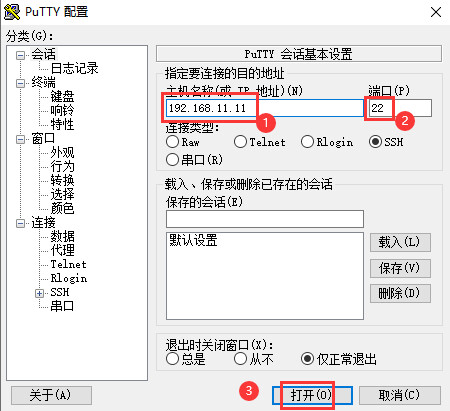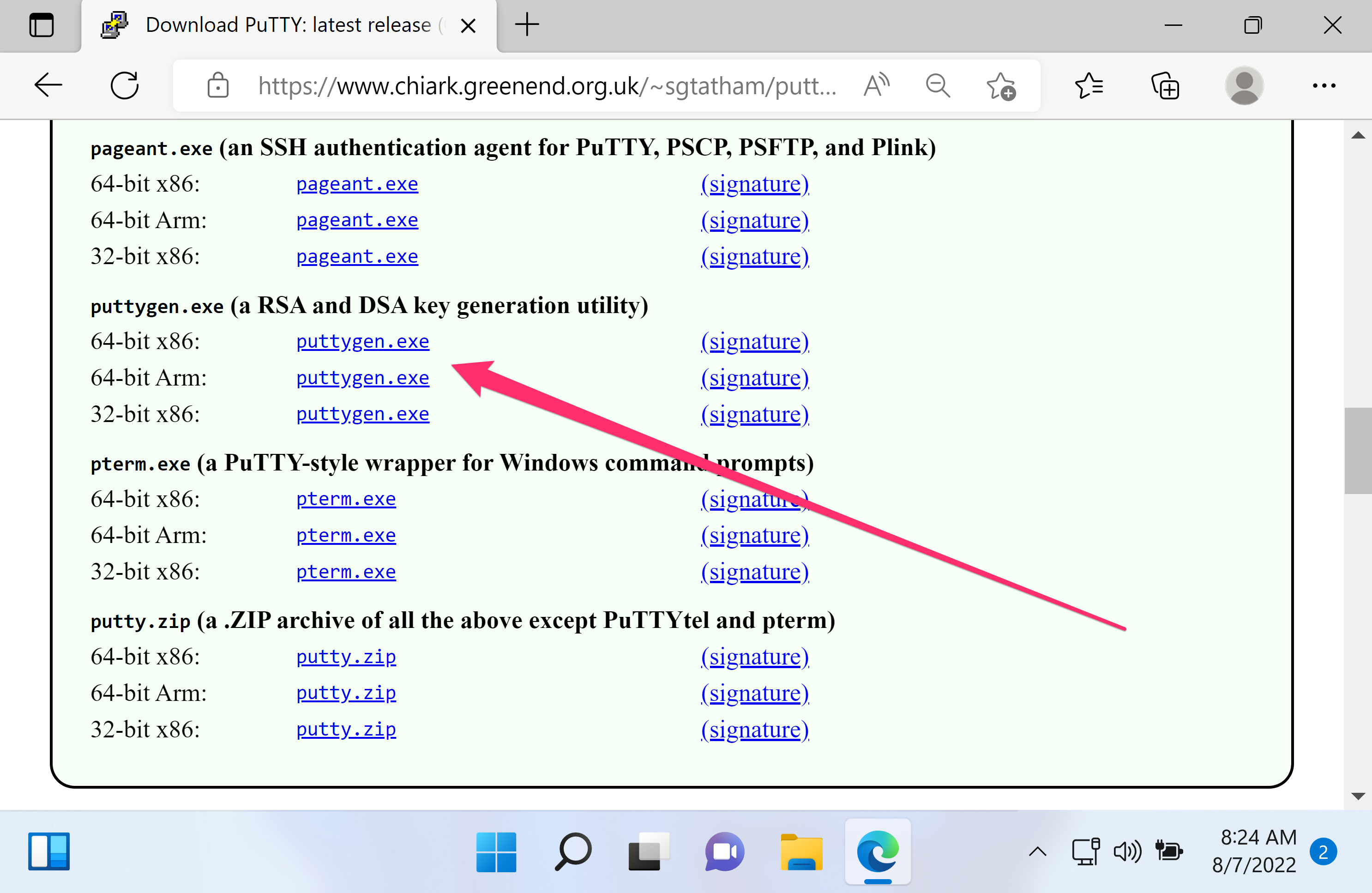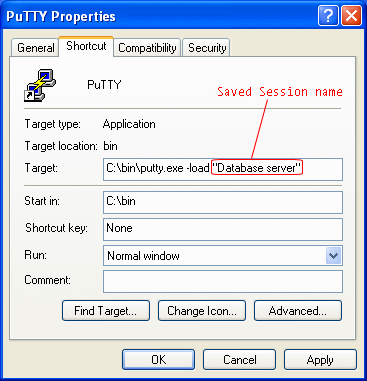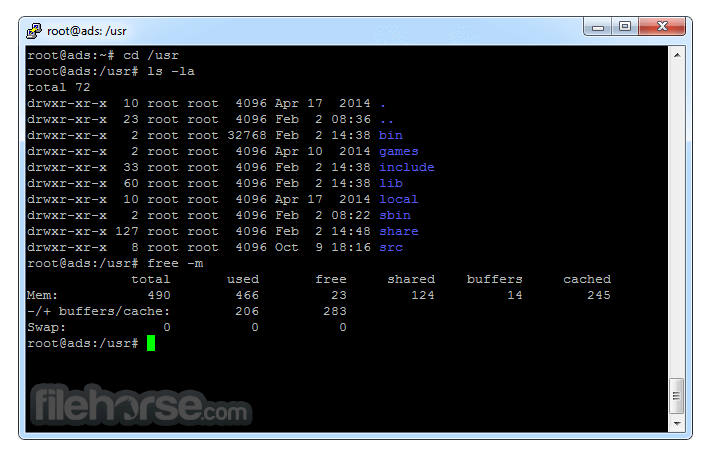
Probably the simplest option, especially for one-off scripts or applications, is to tell Bash not to consider the PATH but rather to "look here." Do this by placing a dot and a slash in front of the command, script, or application name. If you want to execute your binary file or script, copy it to any of the directory paths already listed in the PATH environment variable: $ sudo cp ~/hello /usr/local/bin/

You may want to add the new PATH environment variables to your login shell by including them in your. usr/local/bin:/usr/bin:/usr/local/sbin:/usr/sbin:/home/tux/.local/bin Add your executable files to that directory, and then you can run them without manually providing a path: $ cp ~/hello ~/.local/bin Add a new pathĪlternately, you can add a new directory to your PATH.

It's located in your home directory, and you have already marked it as executable with chmod +x: $ ~/helloīy telling your system the file's location, the PATH variable is never involved, and the file runs as expected. By identifying the file's location, you circumvent the need for your system to search your path at all.įor example, suppose you have a script called hello that you want to run. You can execute files directly by specifying the path to the file you want to run. Not everything you want to execute needs to be in your path. There are several ways to fix this problem. usr/local/bin:/usr/bin:/usr/local/sbin:/usr/sbin:/home/tux/.local/bin:/home/tux/binĮnv: /usr/local/bin:/usr/bin:/usr/local/sbin:/usr/sbin:/home/tux/.local/bin:/home/tux/bin 5 ways to fix "Command not found" errors Should it fail to find one, it issues the "Command not found" error. When you type in a command, such as grep or vim, your system searches through all directories listed in your PATH variable, in the order that they're listed, until it finds an executable file by the same name. By default, it contains standard directories that normally store executables like /usr/bin, /usr/local/bin, and so on. The PATH global environment variable lists the directories your system searches for valid, executable commands. Local variables are often defined in lowercase to avoid overwriting a global variable with the same name.

It doesn't propagate or persist to a new shell session unless you export it as a global variable. Therefore, when you define a local variable, it's only available in your current shell. Local variablesĪ local variable exists only within a specific shell. Variables are case sensitive, and all Linux distributions use uppercase for environment variable names by default. You can use the printenv or env commands to display the environment variables on your system: $ env command prints out all global environment variables. Global variables come predefined in your login shell, but they aren't immutable and can be modified or deleted according to your preferences. There are global, or system-defined, variables and local, or user-defined, variables. They're stored for the system shell, applications, and scripts to use when executing commands.

Many of these variables are set by default during installation or user creation. When you say "my laptop," you're using "laptop" as a generic variable or placeholder for the computer you're carrying, regardless of whether it happens to be a Lenovo, Mac, or a Raspberry Pi in a fancy case.Įnvironment variables are special variables that contain information about your login session. You use variables every day in normal speech, although you don't think of them as such. In computing, a variable is a placeholder for a value that can change. How well do you know Linux? Take a quiz and get a badge.Linux system administration skills assessment.A guide to installing applications on Linux.
SH PUTTY DOWNLOAD DOWNLOAD


 0 kommentar(er)
0 kommentar(er)
